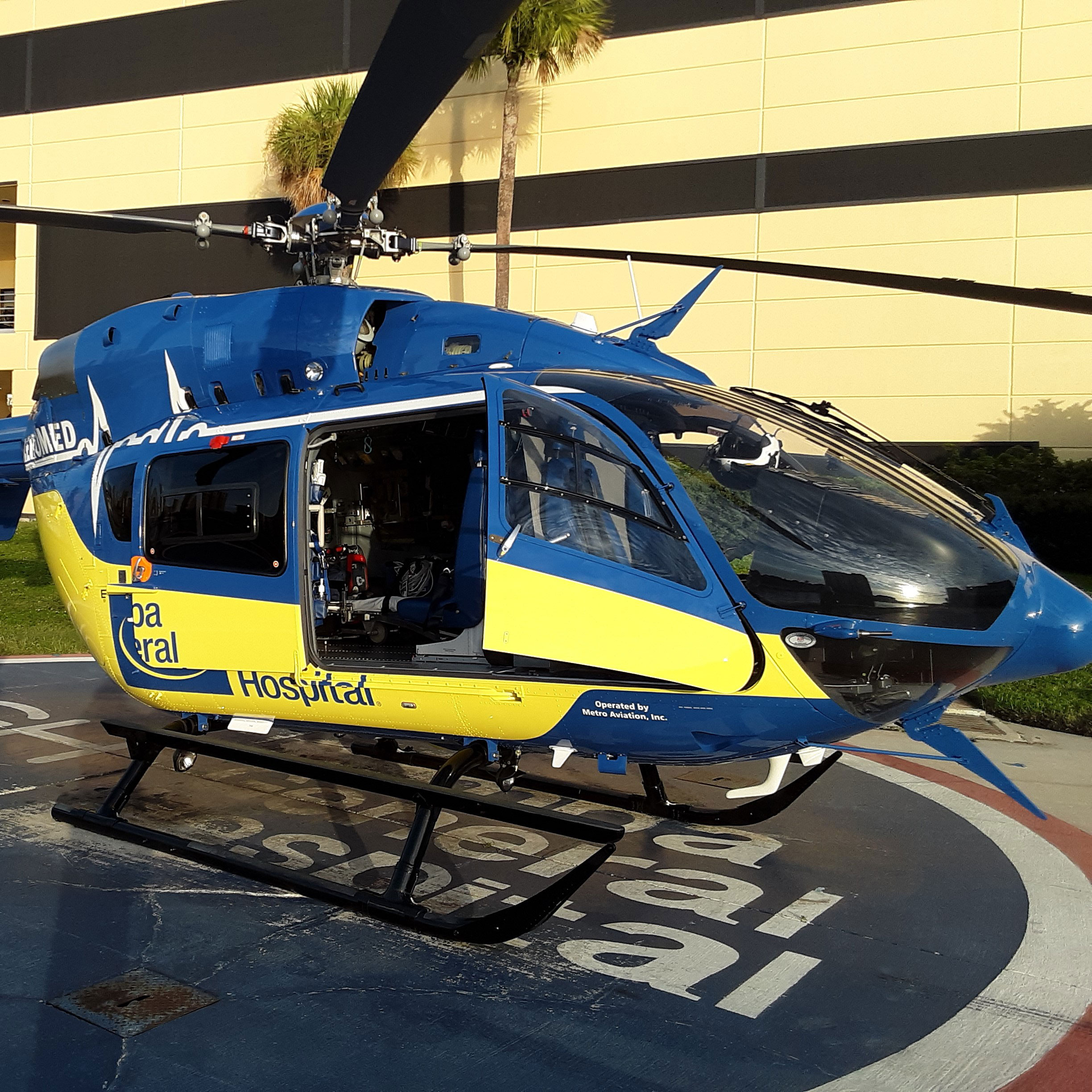A recent trip to the Emergency Room reminded me to see beyond my own pain. Upon arrival, a valet greeted me and offered to park the car. Good thing. Wasn’t able to walk very far. The glass doors slid open and two security guards flanked the woman working at the registration desk. Insurance card (grateful to have one), and I.D., then I signed an electronic consent to treatment form. Took a hard plastic seat and studied the surroundings.
Sad faces. Clenched jaws. People slumped in wheelchairs. One woman held up her husband’s head so he could nap. Another clutched a square envelope of Xray images close to her chest.
A young woman pushing a wheelchair accosted a nurse passing by with a mobile blood pressure machine. “When is my mother going to be seen?” Belligerence blasted forth. The frail patient wore a plastic mask and white sheets warmed her tiny body.
“How are you?” I asked as the nurse approached and put the cuff on my bicep.
“It’s hard, you know, with people yelling at you all day.” Her tired brown eyes looked into mine. “Thank you for asking how I am. Not many people do.”
Could such a simple courtesy lift up our caregivers? Made me think. While many professions are attaining a new “normal” despite COVID, medical care providers still are overwhelmed with needs. Their emotional and physical reservoirs are depleted, yet the barrage for their services continues.
A tall supervisor in green scrubs walked the area, eyes flicking back and forth monitoring needs. He stopped when noticing dried brown blood on the empty chair next to me. “Be right back,” he said. “Getting something to clean that up.”
He donned gloves from a shelf in the corner, grabbed an antiseptic wipe from a white container, and then cleaned all the chairs around me. Only a committed and engaged manager would willingly perform such a janitorial service himself.
As he worked, we chatted. I asked a few questions to learn what his day was like.
“All nurses are scheduled for a 12-hour shift three days a week, but they can pick up to five “twelves” in a week,” he said. “They walk upward of 12 miles a day.”
That certainly would explain fatigue. What an exhausting pace to sustain day after day and week after week.
“Their workday doesn’t end with a shift either,” he added. “Most are in school to keep certification and credentials current. They have to stay abreast of new practice, as well as drill for essential skills that may be infrequent, like delivering a baby on the entrance ramp.”
A homeless woman muttering nonsense under her breath shuffled by us, dragging a metal cart with belongings.
“She’s a ‘frequent flyer,’” the manager observed. “We don’t turn anyone away.”
“What can we patients do for you?” I asked, wanting to reciprocate his kindness.
“Just hearing ‘thank you’ means a lot. A little bit of appreciation goes a long way.”
Jesus commands us to love one another. He said, “Love each other as I have loved you. Greater love has no one than this: to lay down one’s life for one’s friends” (John 15:12-13 NIV).

